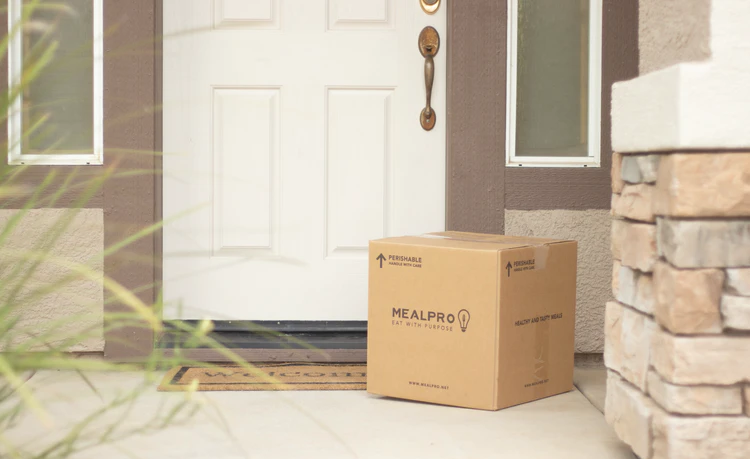E-commerce and delivery have grown exponentially over the past few months, with some sectors – including the food and grocery delivery services, which grew by 500% in April 2020 – enjoying explosive growth. Even prior to the current global situation, the big boom in e-commerce sales gave rise to a demand for shipping and delivery services, with subscriptions such as Amazon Prime steadily growing and giving rise to a corresponding demand for same or next-day delivery. The shipping and delivery industry has had to adapt quickly to this demand, turning to cutting-edge technology to ensure that goods arrive with maximum speed, minimal waste, and optimal quality. These are just a few of the top technologies being embraced.
Smart Shipping Via Blockchain
Blockchain technology is aiding companies offering next day shipping services to ensure clients never have to wait longer than expected to receive their goods. In order to ensure fast deliveries, companies need to count on privacy, reliability, and security – features which blockchain can ensure. Blockchain essentially allows parties involved in a shipment to access information and securely audit the journey of all shipments. It enables all relevant parties to access information simultaneously, while counting on the security of encrypted data. Different transactions can be contained on different ledgers, thus enabling companies to compartmentalize items to be delivered by a specific time the next day, within a set number of business days, or indeed, on the same day the order was made.
Cloud-Based Technology
Cloud-based technology allows the different parties involved in the shipping of items to access data easily and reliably, enabling teams to update information and communicate in real time. The cloud enables businesses to cut down on coasts, automate tasks, improve inefficiencies and reduce administrative work. It is used in various departments – including logistics and supply chain management, resource management, and document management.
Artificial Intelligence
Artificial Intelligence (AI) is one of the biggest positive drivers of change in the shipping and delivery industry, since it enables companies to reduce costs and risks, while improving predictions and offering speedier service, thanks to the optimization of road routes. The magic begins when machine learning is used to analyze massive amounts of data to create a specific shipping profile for goods – based on considerations such as global economic performance data, weather and traffic. It can be used in more specific ways as well – including optimizing the way packages are stored in a delivery truck (to maximize space or maintain the quality of goods) and creating new maps for couriers.
The shipping and delivery industry is one that is thriving during a time in which many other industries are suffering. The big demand for home delivery services has led to a need for new technologies to save the day. Just three of many technologies being used to ensure packages arrive in a speedy, safe manner include blockchain, cloud-based technology, and artificial intelligence. There are many others doing a similar job – including the use of smart pallets (which track and trace information about goods delivered), crowdsourcing delivery apps (involving the use of non-professional couriers in local areas) and of course, delivery drones – already being tested by savvy companies like Amazon and UPS.

